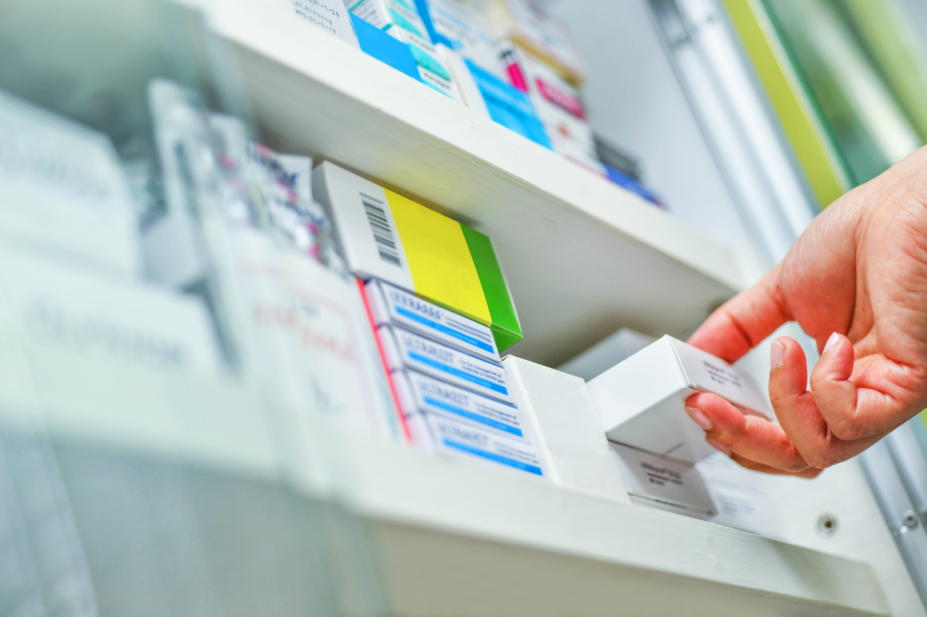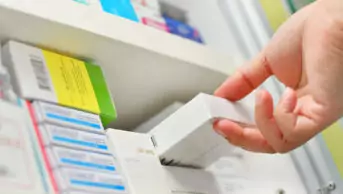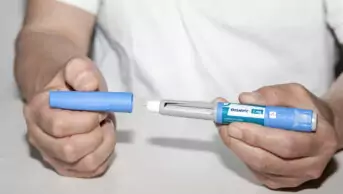
Shutterstock.com
The Department of Health and Social Care (DHSC) has suggested pharmacists share their medicine supply with other pharmacies to mitigate the impact of shortages on patients after Brexit.
In a statement issued to The Pharmaceutical Journal outlining government preparations to secure the supply of medicines after Brexit, the DHSC said pharmacists may occasionally need to obtain small amounts of a medicine or medicines from another pharmacist in order to meet the needs of individual patients when medicines shortages arise.
Pharmacists are permitted to share medicines in “small quantities” under current guidelines from the Medicines and Healthcare products Regulatory Agency (MHRA), following the repeal of Section 10(7) of the Medicines Act 1968 in 2012.
Prior to the section’s repeal, pharmacies were able to trade up to 5% of their total retail trade in medicines without being required to hold a wholesale dealer’s licence.
However, the section was not compliant with EU law, and the MHRA therefore proposed that pharmacies should be exempt from the EU regulations when the exchange of medicines is occasional, not for profit and in small quantities that meet individual patients’ needs.
The National Pharmacy Association has repeatedly called for pharmacies to be allowed to share medicines with each other, most recently saying in its Brexit position statement published on 12 September 2019 that to do so would be a “pragmatic further step” in mitigating the impact of shortages.
You may also be interested in

Government advises chief pharmacists to coordinate aid between trusts amid radioisotope shortage

Mandatory ‘eight-week buffer stock’ requirement not met by medicine suppliers, reveals audit
